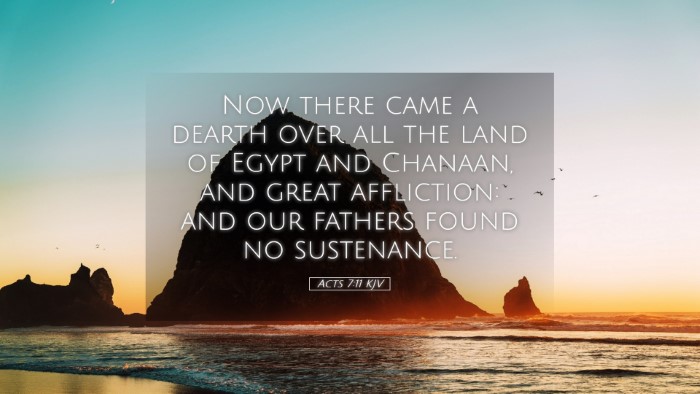Old Testament
Genesis Exodus Leviticus Numbers Deuteronomy Joshua Judges Ruth 1 Samuel 2 Samuel 1 Kings 2 Kings 1 Chronicles 2 Chronicles Ezra Nehemiah Esther Job Psalms Proverbs Ecclesiastes Song of Solomon Isaiah Jeremiah Lamentations Ezekiel Daniel Hosea Joel Amos Obadiah Jonah Micah Nahum Habakkuk Zephaniah Haggai Zechariah MalachiVerse
Acts 7:1 Acts 7:2 Acts 7:3 Acts 7:4 Acts 7:5 Acts 7:6 Acts 7:7 Acts 7:8 Acts 7:9 Acts 7:10 Acts 7:11 Acts 7:12 Acts 7:13 Acts 7:14 Acts 7:15 Acts 7:16 Acts 7:17 Acts 7:18 Acts 7:19 Acts 7:20 Acts 7:21 Acts 7:22 Acts 7:23 Acts 7:24 Acts 7:25 Acts 7:26 Acts 7:27 Acts 7:28 Acts 7:29 Acts 7:30 Acts 7:31 Acts 7:32 Acts 7:33 Acts 7:34 Acts 7:35 Acts 7:36 Acts 7:37 Acts 7:38 Acts 7:39 Acts 7:40 Acts 7:41 Acts 7:42 Acts 7:43 Acts 7:44 Acts 7:45 Acts 7:46 Acts 7:47 Acts 7:48 Acts 7:49 Acts 7:50 Acts 7:51 Acts 7:52 Acts 7:53 Acts 7:54 Acts 7:55 Acts 7:56 Acts 7:57 Acts 7:58 Acts 7:59 Acts 7:60

